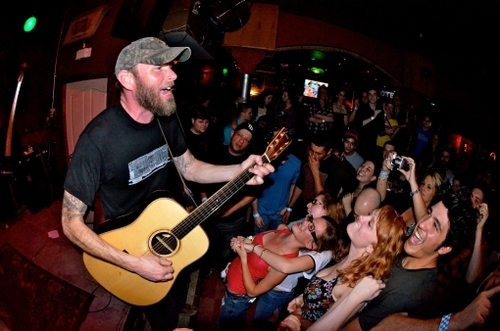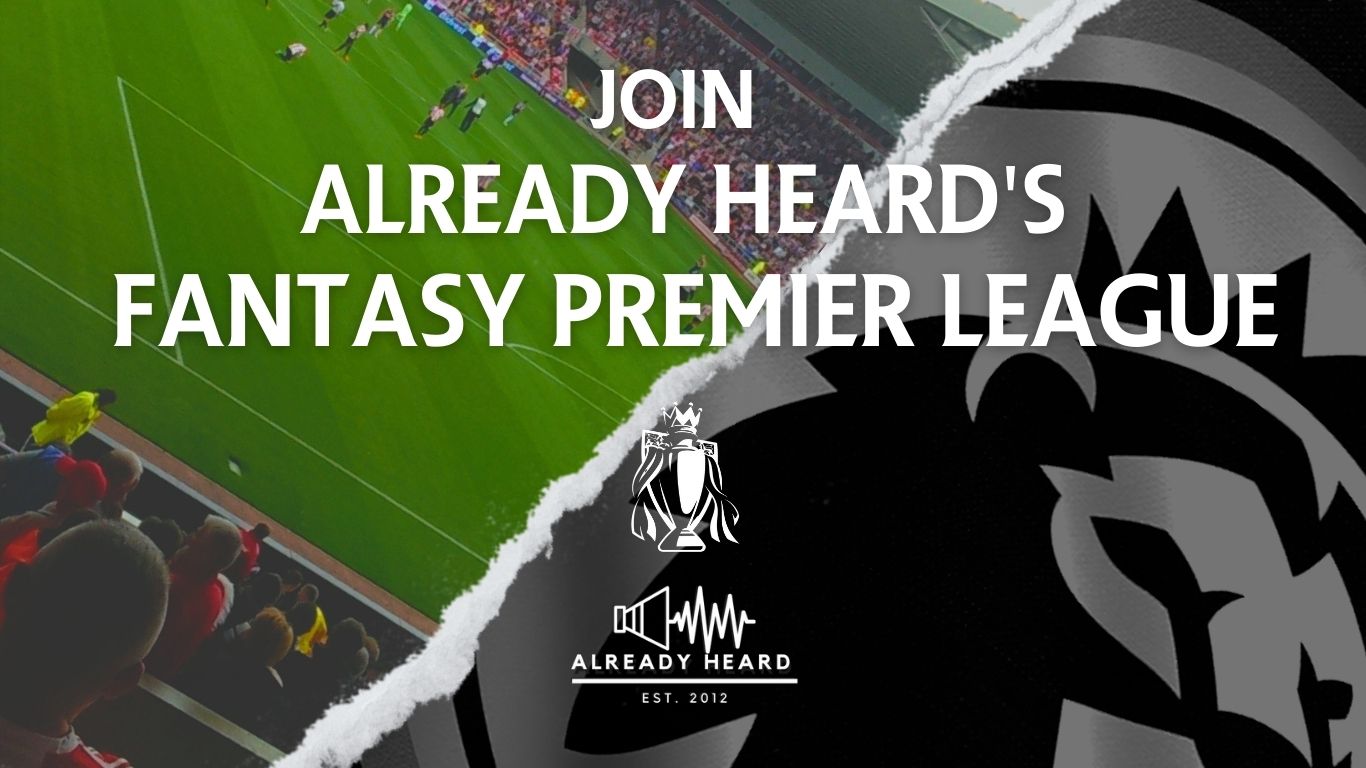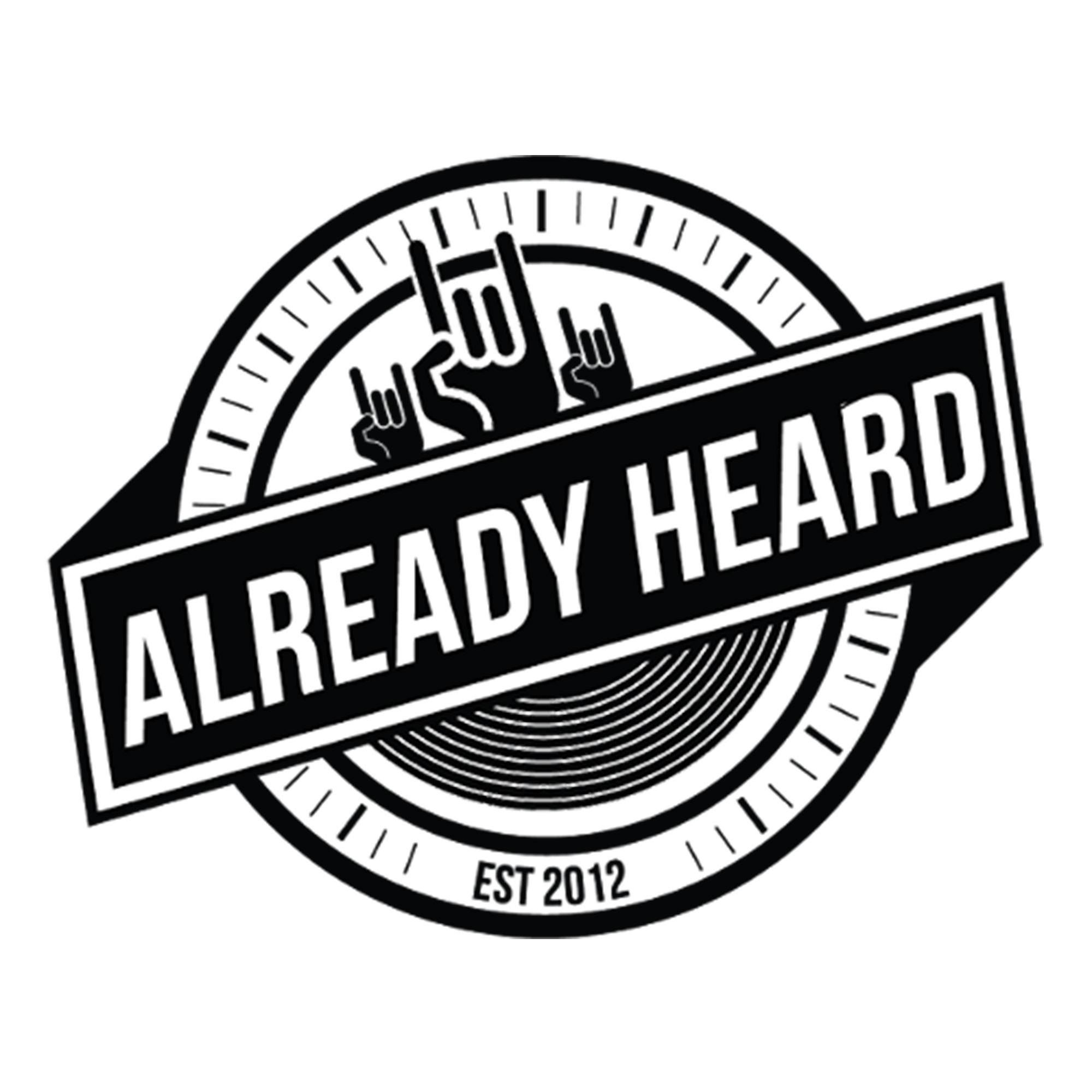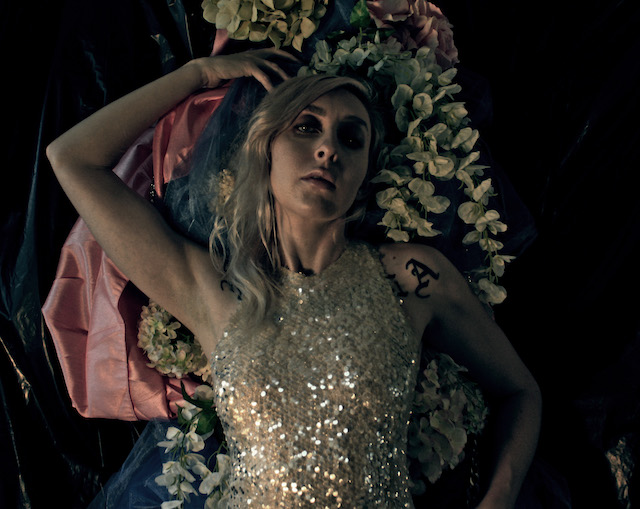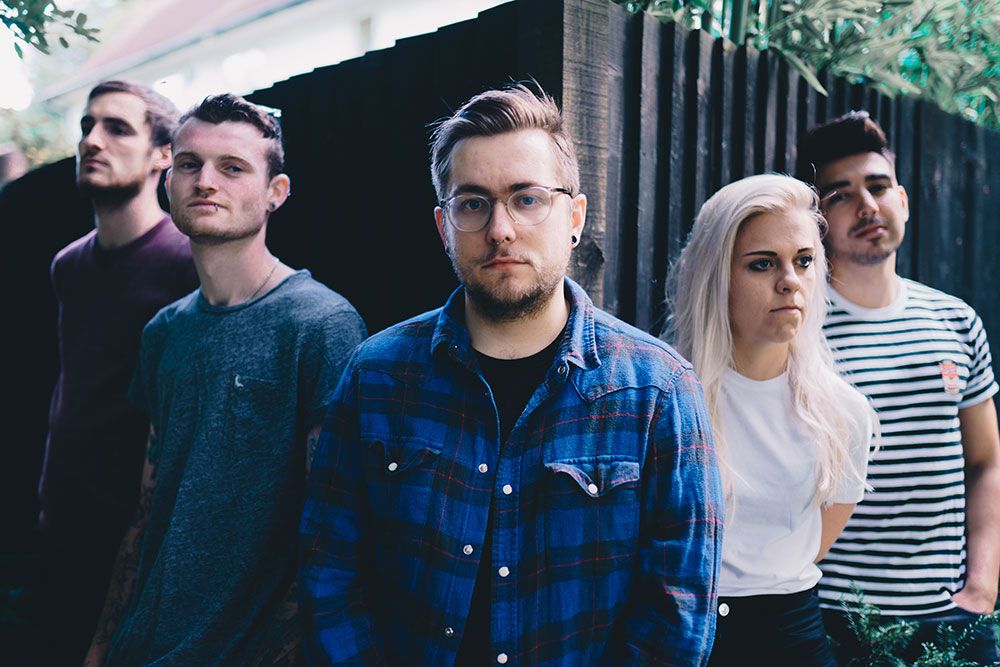Former Avail frontman Tim Barry has been consistently doing the rounds for over the last few years of his solo career. His passionate words and honest songwriting have helped him earn the respect of a loyal following, and support slots for the likes of Frank Turner and Chuck Ragan.
Last month whilst doing a UK headline tour with home grown hero Sam Russo, we at Already Heard had a chat with the man himself. Topics covered included life on tour, the key to his live performances, his part on a historical injustice in his hometown of Richmond, Virginia, and the influence of Billy Bragg on his skills as a songwriter/performer.
AH: How has the tour been going so far?
Tim Barry: The tour so far has been good. Today is Thursday; I flew in, left Virginia last Tuesday so I’ve been here for well over a week. We’re about halfway through the show dates, and we’re in Manchester right now.
I came over and did a really big tour in November and the end of December supporting Frank Turner. Usually when you do a direct support tour and you play music, the goal is to come back, do a headline tour and see where you stand. I was lucky enough to hook up with a tour promoter who understood my needs and visions. I can’t express how well the tour has been organised, every venue has been perfect. And even to put the icing on the cake, I also went on the tour blind, never meeting Sam Russo or Kieran Kelly, who is helping sell merchandise and tour manage.
I like Sam’s music but when you haven’t met someone personally, it’s always a new world to walk into; there’s always the chance you can’t get along, sometimes you will. About 30 seconds into our first van ride, I realised I was with kin and the perfect tour mates. It has been a wonderful time thus far. Hopefully tomorrow it will implode and we’ll hate each other.
[Laughs]
AH: There’s always a fifty/fifty chance whether or not you won’t get on with your tour mates.
Tim Barry: We’ve talked about it a lot. I’ve been touring many, many years and only twice do I recall not liking someone, I just like everyone, and it takes a lot to make me angry or upset. I’ve been lucky as there are some real rotten people out there, but I do believe most people are beautiful; and I’ve been lucky on this tour, to be with amazing, inspiring people. So far so good! I’m going up to Glasgow tomorrow, and back down south in England.
AH: As you pointed out in regards to your attitude, you definitely get the sense you get along with people during your performance. I watched some live videos of you on YouTube from last year on the Frank Turner tour, and despite the large size of the venues you played, you managed to connect with the audience. For example, in one show in Brighton, you got off the stage and played in the middle of the crowd, doing that punk rock thing, being intimate with the crowd; no stuck up rock star attitude whatsoever.
Tim: There’s an inconsistency in my performance every night, and that is something I embrace and I enjoy. I don’t ever play the same venues, despite for instance with this tour, I’ve consistently played the same size venues and the local promoters come from the same place that I come from. The venues I play range from a house show to a 3000 capacity venue to a dive bar with people throwing beers at me.
With that said, I’ve learned to play every public situation that is presented to me. And like you say, it’s cool that I play on the floor amongst everybody but what you don’t know is that is a response to my inherent comfortableness with certain situations. If I don’t feel like I can touch, see and understand the people I’m standing in front of, I often go to them. And it’s almost selfish; I’ll play on the floor to them to feel the vibe of the show, then I’ll go back on the stage. Sometimes I feel contented on the floor and it’s more exciting than standing on the pedestal that we’ve created when venues are built. I have a tendency to play all over the place; and I don’t know what show that was, I do recall doing that at Reading. I do it for myself when I go to the floor and play. I do that every night on this tour with no intent. I don’t even write a setlist.
It’s funny we talk about this in the van, and I take playing music very seriously, I’m not a musician, I’m a songwriter, and I’m an inferior singer to my peers, and I’m not a great guitar player so I rehearse constantly in preparation for one show or in preparation for a tour. I often write a setlist that has a time constraint, then when I get on the plane or the van or on the stage and I look at it, and think “fuck that!”, then I just do whatever I want. With that said, whatever I want, happens to be the song that comes to my mind when a song ends, and maybe I’ll play that on the floor, maybe I’ll play it facing the opposite direction of the crowd, it’s just how I do it. I go by feel, I say it every night on stage, I don’t care how music sounds, and it’s how it feels that counts. And I’m lucky that I have that autonomy when I’m playing on my own. And when I do have a backing band playing music with me, they know how I am, sometimes they’ll join me on the floor, sometimes they won’t.
AH: Would you describe it as giving it a natural feel, rather than something that’s forced and constructed?
Tim: I don’t know what I do and I prefer to not think too hard on it, because I have anticipatory anxiety, when anticipating events are more difficult than carrying them. Now, I’m always nervous before I play, it’s a release of that energy. The day that I’m not nervous before I play is the day that I just stop playing music all together, and I will. I’m comfortable with what I do because it’s that nervousness that draws me to it. So, in other words, it’s easier for me to not discuss it, hang out for my half an hour alone before I get on stage, get super nervous, play the show, and come down off of it, take a deep breath, not go out drinking all night but go to sleep, and then spend the rest of the day being anxious and nervous about doing the same thing the next night. It keeps me alive it keeps me on my toes; this is why I play music.
AH: So that’s your fuel, your fire; would you say that such fire has been consistent throughout your career, even during your days with Avail?
Tim: No…well yes. The reason I stopped doing Avail was because it became too easy. There was no planned break up. Avail was on tour, one year again like we always did, the tour was finishing in Richmond, Virginia where I lived, and I remember clearly walking off the stage and saying to my best friend Travis, saying that I was done and it wasn’t right for me to continue. That’s what I mean about the abruptness, and how I have trades, I can work at home doing other things, and when I stop enjoying music, I’ll stop. However, right now and recently I’ve had more fun playing and writing music than I’ve ever done in my entire life. With that aside, I don’t foreshadow myself stopping anytime soon.
AH: One of the things I found really inspiring in my research is in regards to the song, ‘Prosser’s Gabriel’, where your song inspired people to turn this parking lot into a memorial for the leader of a slave uprising in 1800.
Tim: It’s a really long story, somebody will write about it, but our weekly paper in Richmond, Virginia did a whole article. I’m embarrassed as it was about me, but Gabriel was brought up consistently through it, which I was thrilled about as it’s sort of a forgotten story. The story is when in 1800, an enslaved man named Gabriel, whose master’s last name was Prosser, abhorred the chains of slavery, and helped create a slave insurrection that ultimately failed. And when it failed, the commonwealth of Virginia and the city of Richmond hung him, and the other participants in the uprising. The point of the song is not historical accuracy or real revolution in the seriousness that can result from it in that time period, but from the people involved, who I and others consider true heroes in the Virginia region. They were disrespected by a parking lot going over the area they were buried in; them and other enslaved men and women were buried in what was known as the slave burial ground.
It’s those kinds of absurdities and inconsistencies in the place that I live that keep me up. As you go as the crow flies, the James River from my house to Hollywood cemetery, which is filled with massive spectacular graves to Confederate heroes and monuments, up and down Monument Avenue. If you study U.S. history, the American civil war was based on slavery, and those that fought on the side where I live, were fighting to uphold slavery. In a lot of ways there’s a massive inconsistency with where I live, and the simple reality that there’s a black majority. Long story short, I am not responsible for there no longer being a student parking lot over the remains of those revolutionary men and women. I am a link in the chain that made that happen, I can accept that. But I can’t accept responsibilities as I’m on the road telling the story of Gabriel, in small clubs, bars and massive tours, as I’m not responsible. It would be disrespectful to the people involved; those people who helmed letter campaigns; people doing civil disobedience; people getting arrested; people blocking the parking lots and having to deal with the ramification of police interaction in those situations. This is not big time, when I say people blocking parking lots, I’m talking about 8 people, not 800 people. It’s Richmond, Virginia; the population of it is under 200,000.
I think the proof in the song and that short lived, intense movement is that when pressured from many different directions, e.g. a singer/songwriter writing a shitty song about it, and people sitting at home writing letters to the editors of the Richmond Times, and activists doing acts of civil disobedience, these people believe that the injustice is not fair or right. The Virginia University who owned the parking lot, sold the parking lot to the city of Richmond in an attempt to get their name out of it before it really blew up in the national news, because it was on the verge of it. The state then promptly decided to get rid of the parking lot. I’ll end this whole rant by saying that I was thankful that I was home the day they started tearing the parking lot up and I have in my garden one of the first pieces of pavement that was pulled up. I call it the Gabriel rock, it sits right outside my vegetable garden which I love every second of, and as long as I’m stupid enough to smoke cigarettes I’m going to put my cigarettes out on this worthless, fucking slab of concrete. I’m glad there’s a green space there now, and there’s places for people to reflect about our past.
AH: Admirable stuff I must say.
Tim: Thank you.
AH: For the last 25 years, Billy Bragg has inspired a lot of punk musicians to stray away from the band to go solo, singing about their own personal experience in regards to the social and political. How important would you describe his influence on solo artists such as yourself, Frank Turner, Chuck Ragan and Sam Russo?
Tim: I can only speak for myself, but I can clearly state that Billy Bragg has been a tremendous influence on me since the first time I ever listened to his music, which unfortunately I didn’t catch on to till the early 90s.
I grew up listening to music in my family home, and the church where my parents sang in the choir; my church is very different, they play banjos, acoustic guitars, etc. Of course I’m not interested in that side of life anymore. But with that said I grew up with folk music; we listened to a lot of Woody Gunthrie, Lou Harris, Arlo Gunthrie, and of course, Bob Dylan.
I rebelled from that into metal and punk. Somewhere along the line I fell into what is the comfort food of the three-chord structure. I especially became interested in Woody Guthrie, with his songs of travelling and wandering. I found myself very early on doing the same thing, riding freight trains illegally throughout the parts of the U.S., sleeping in woods, hitchhiking a lot, and finding all these songs, following Woody Guthrie’s footsteps, somewhere along the way I got into Billy Bragg. The pinnacle of my interest was the Mermaid series, and from that he took my favourite singer/folk musician, updating it with some of my favourite other musicians like Wilco and himself.
He certainly gave me the confidence to know that I could do whatever I wanted without anyone else. He does it in a way that I like to, but on a very small level. I introduced politics and personal feelings into my songs without being afraid to be a man on stage singing about things which I think are important. I truly respect him, and in a lot of ways I emulate him. I will continue to thank him for what he’s done for music. He’s one of my biggest inspirations, so thank you Billy Bragg.
AH: Any last words to close off the interview?
Tim: Thanks for the interview!
Tim Barry links: Website|Facebook|Twitter
Words by Aaron Lohan (@ooran_loohan)

